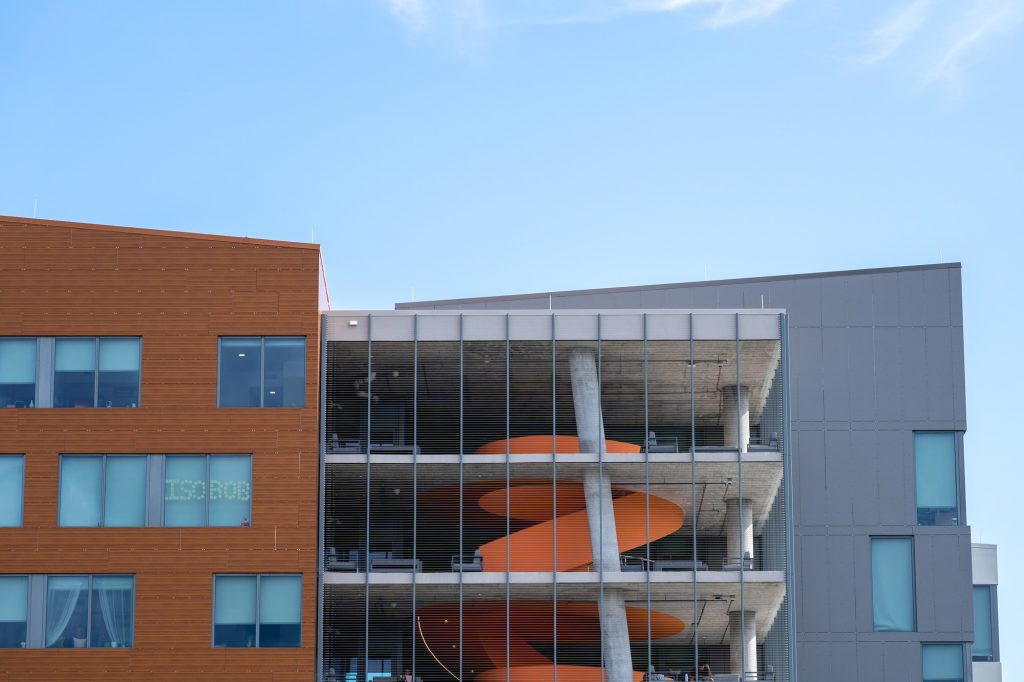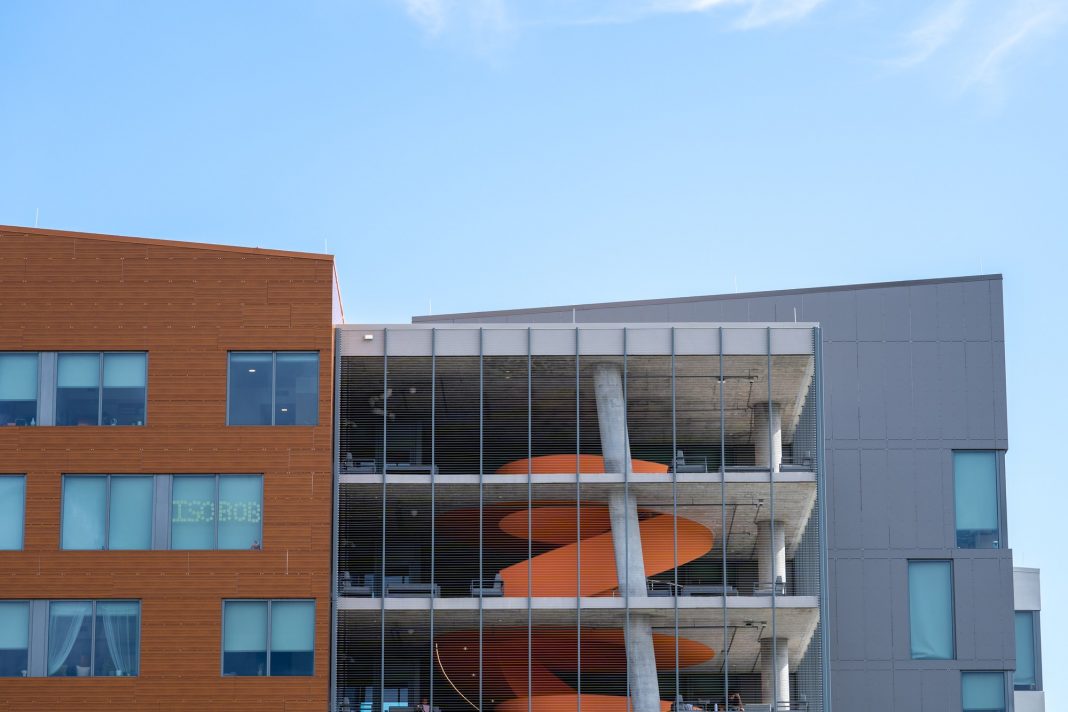
Supply chain disruptions, the continuing impacts of the COVID-19 pandemic and rising gas prices have significantly raised the cost of living across the country. In South Florida, these new costs are coupled with a steep increase in housing prices. In their Feb. 2022 rental report, Realtor.com called Miami the “least affordable rent market” in the U.S.
Within the last year, the price of purchasing a single-family home has increased by almost 30% and the price of monthly rent has increased by 58%.
University of Miami students are feeling the implications of this drastic change. The increasing cost of housing in Miami is particularly troublesome, considering the university’s limited housing, increasing class sizes and the influx of students returning to in-person classes as COVID-19 cases wane.
Economists say that the striking rise in housing prices can be attributed to the combination of a wide variety of social and economic factors.
“There isn’t a lot of empirical evidence to date, but they think it stems from the fact that you have a lot of people moving to the state of Florida for a variety of reasons,” said Chris Parmeter, an assistant professor of economics at UM.
New residents are flocking to South Florida for several reasons, including the state’s relaxed COVID-19 restrictions and the absence of a state income tax. Parmeter said that the city’s rising tech industry is also contributing to the rising cost of housing in Miami.
“Mayor Suarez is trying to make Miami a tech hub, so he’s trying to court companies to come here,” Parmeter said. “That’s bringing in even more money.”
UM professor of economics, Michael Connolly, adds that housing prices are also subject to the general increase in inflation rates that have been affecting the economy at every level over recent months.
“Housing is a real asset that shields from inflation, yet the landlords’ costs- maintenance, repairs and taxes in the case of off campus housing and building costs go up with inflation,” Connolly said.
Students say that the rising cost of housing combined with UM’s current housing shortage have negatively affected their plans for the fall 2022 semester. Ryann Miller, a sophomore studying marketing, said that finding housing has gotten much more difficult since her first two years of college due to increasing class sizes.
“They’ve accepted way more students and they’re accepting even more next year, so if I wanted to move back on campus it wouldn’t even be possible,” Miller said. “I still don’t have a place to live for next year because of the amount of people looking for housing and the prices of everything recently.”
Jet Porter, a freshman studying marine biology and ecology, said that the cost of housing both on and off-campus has negatively impacted their overall experience at the university.
“It has definitely made the fall 2022 semester preparation process extremely stressful and I will be juggling three jobs this summer in order to afford housing expenses for off-campus and afford to pay other expenses,” Porter wrote in an email to the Hurricane. “I love attending this University, but I feared having to transfer if I could not secure housing that I could afford.”
Given the current economic and political climate, Parmeter said he fears that the housing situation in the city of Miami will likely worsen in the foreseeable future.
“At least in the short term, you’re probably going to see housing prices going up, at least until rates issued by the Fed can kind of contain some of the inflation that we’ve seen in the last six to eight months,” Parmeter said.
However, he emphasizes that there are ways that the university can mitigate the financial stress that off-campus housing places on students, including admitting smaller class sizes and re-orienting existing housing spaces to hold more residents.
Furthermore, Connolly suggested the university increase the amount of scholarships provided specifically for housing, or even buying existing housing developments within the Coral Gables area to mitigate the negative impact of this housing crisis.
“There is lots more that can be done if we just put on our tennis shoes and buy up housing around Coral Gables and elsewhere where we can lodge students,” Connolly said.






